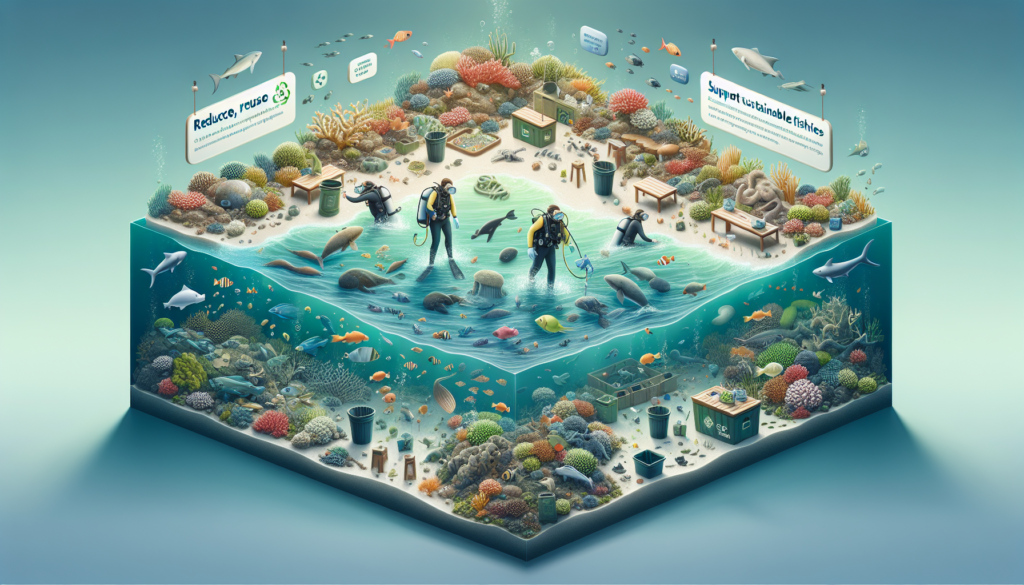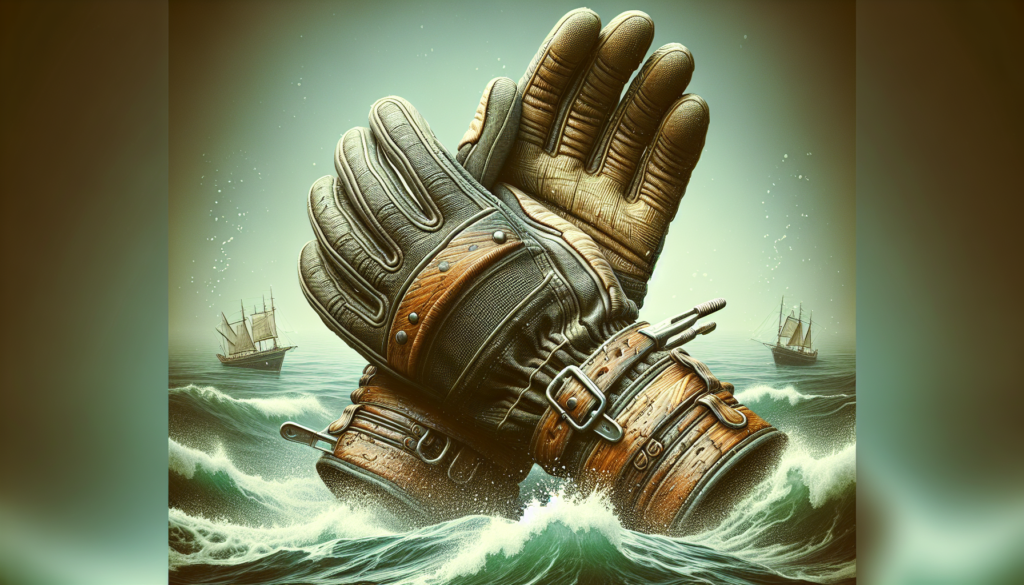Marine Conservation Tips: Protecting Our Oceans for Future Generations
When we think of the Earth’s most valuable resources, our minds often jump to lush forests, clean air, and fresh water sources. However, one crucial aspect of our planet that is often overlooked is the vast and mysterious world beneath the waves – our oceans. Marine conservation is a critical issue that affects not only the health of our planet but also the future of countless species that call the oceans home. In this article, we will delve into the world of marine conservation tips, exploring ways in which we can all contribute to protecting our oceans for future generations.
The Importance of Marine Conservation
Our oceans cover more than 70% of the Earth’s surface and play a vital role in regulating the climate, providing food and livelihoods for millions of people, and supporting a rich diversity of marine life. However, human activities such as overfishing, pollution, and climate change are putting immense pressure on our oceans, leading to irreversible damage to marine ecosystems. Marine conservation is essential to preserve the delicate balance of life in our oceans and ensure the sustainability of these precious resources for generations to come.
Reducing Plastic Pollution
One of the most pressing threats to marine life is plastic pollution. Every year, millions of tons of plastic waste end up in the oceans, posing a serious risk to marine animals who ingest or become entangled in plastic debris. To combat this issue, individuals can take simple steps to reduce their plastic consumption, such as using reusable water bottles and bags, avoiding single-use plastic products, and participating in beach clean-up events. By reducing our reliance on plastic, we can help protect marine ecosystems from the devastating effects of plastic pollution.
Sustainable Seafood Choices
Overfishing is another major threat to marine biodiversity, with many fish stocks on the brink of collapse due to unsustainable fishing practices. To support healthy oceans, consumers can make informed choices about the seafood they eat by opting for sustainably sourced fish and seafood. Look for certifications such as the Marine Stewardship Council (MSC) label, which indicates that the fish was caught using sustainable fishing methods. By choosing sustainable seafood options, we can help protect vulnerable fish populations and promote responsible fishing practices.
Marine Protected Areas
Marine protected areas (MPAs) are designated areas of the ocean where human activities are restricted to conserve marine biodiversity and habitats. These areas serve as sanctuaries for marine species, allowing populations to recover and ecosystems to thrive. Supporting the establishment and expansion of MPAs is crucial for the conservation of marine life and the preservation of valuable marine habitats. Individuals can advocate for the creation of new MPAs, volunteer at existing protected areas, and educate others about the importance of marine conservation.
Climate Change Mitigation
Climate change is one of the greatest threats facing our oceans, with rising sea temperatures, ocean acidification, and extreme weather events impacting marine ecosystems worldwide. To address this global challenge, individuals can take steps to reduce their carbon footprint and support initiatives that promote renewable energy and sustainable practices. By mitigating climate change, we can help protect the health and resilience of our oceans and ensure a sustainable future for marine life.
Community Engagement and Education
Engaging local communities and educating the public about marine conservation is essential for fostering a culture of sustainability and environmental stewardship. Individuals can get involved in community-based conservation projects, participate in outreach and education programs, and support initiatives that raise awareness about marine issues. By empowering individuals to take action and make a difference, we can create a more sustainable future for our oceans and the planet as a whole.
Collaboration and Advocacy
Effective marine conservation requires collaboration and advocacy at all levels, from local communities to international organizations. Individuals can support marine conservation efforts by joining conservation groups, volunteering with marine conservation organizations, and advocating for policies that protect marine ecosystems. By working together to address the challenges facing our oceans, we can create positive change and ensure a healthy future for marine life and the environment.
Conclusion
As stewards of the Earth, we have a responsibility to protect and preserve our oceans for future generations. By implementing marine conservation tips in our daily lives, we can all contribute to the health and sustainability of marine ecosystems around the world. From reducing plastic pollution to supporting sustainable seafood choices and advocating for marine protected areas, there are countless ways in which we can make a positive impact on the health of our oceans. Together, we can create a brighter future for marine life and ensure that our oceans remain vibrant and thriving for years to come.



